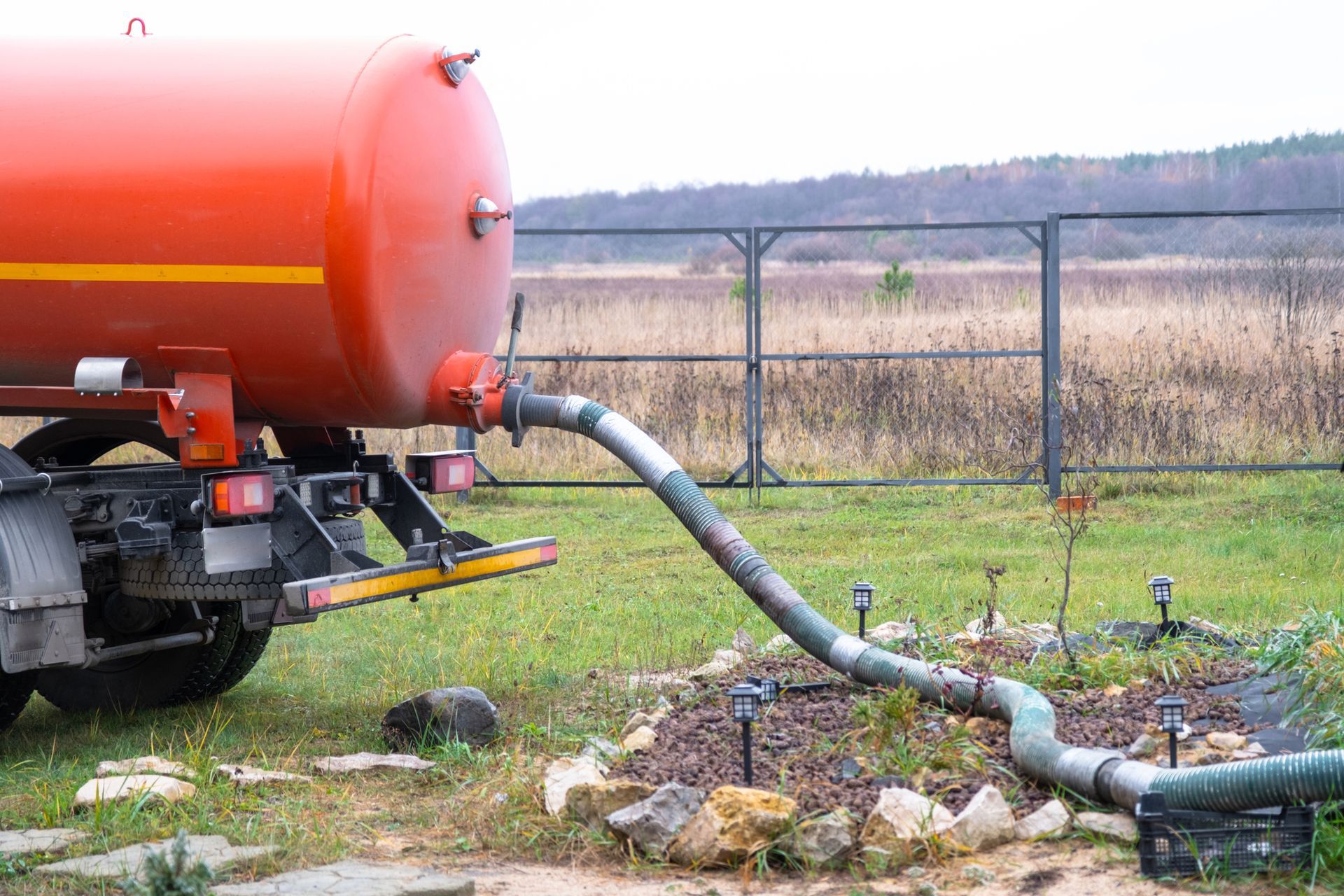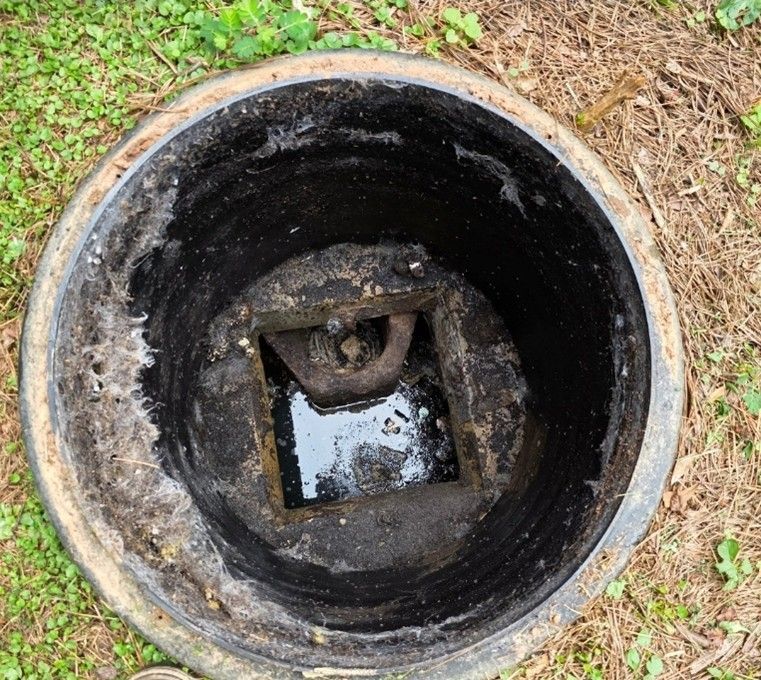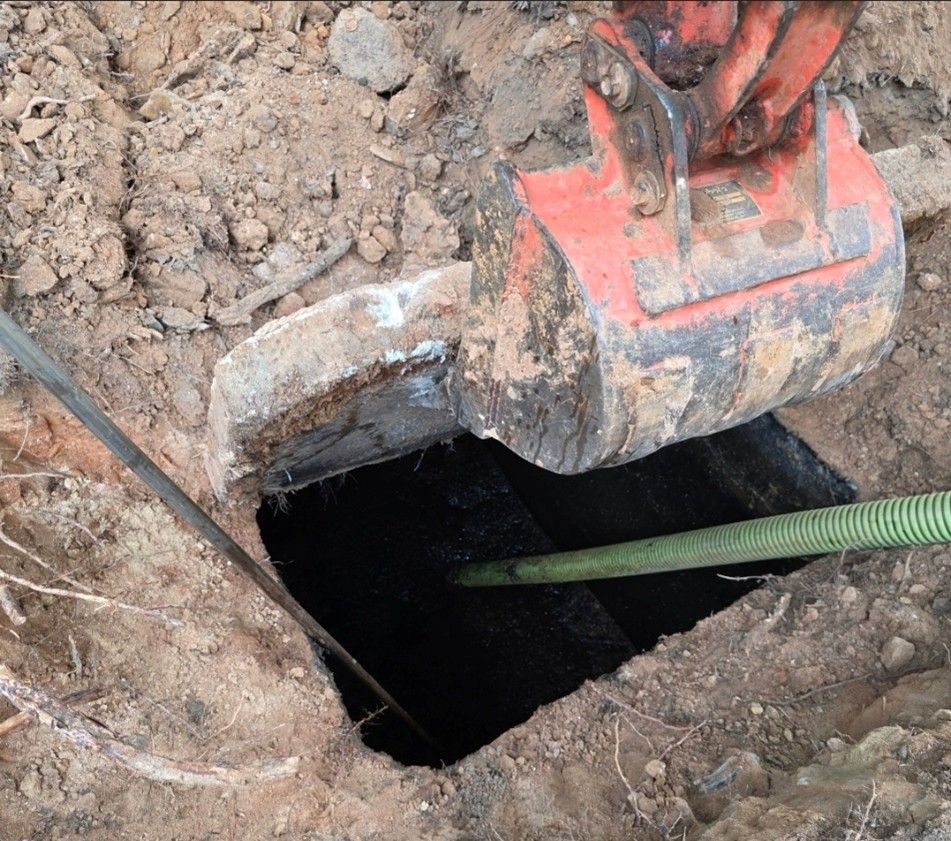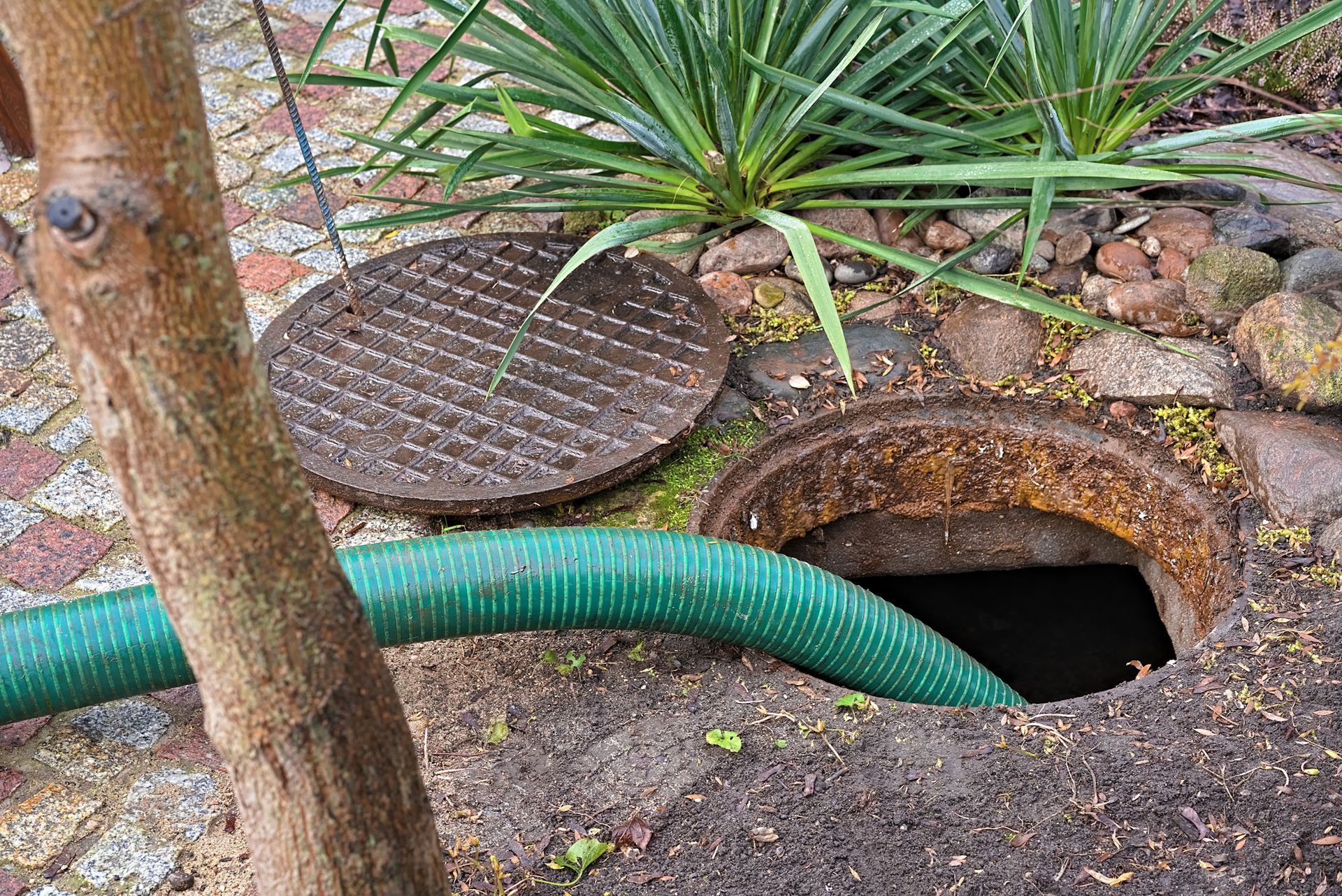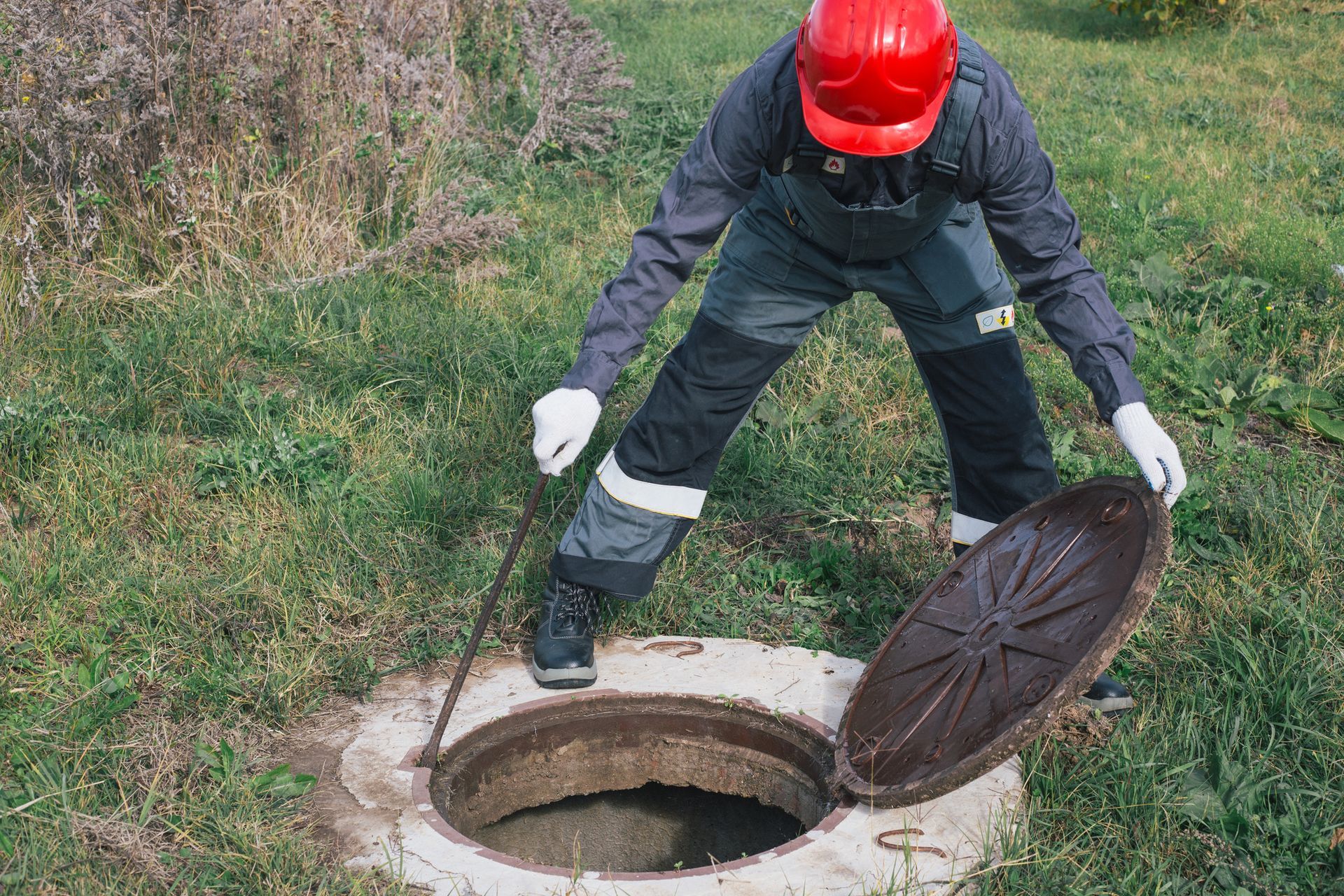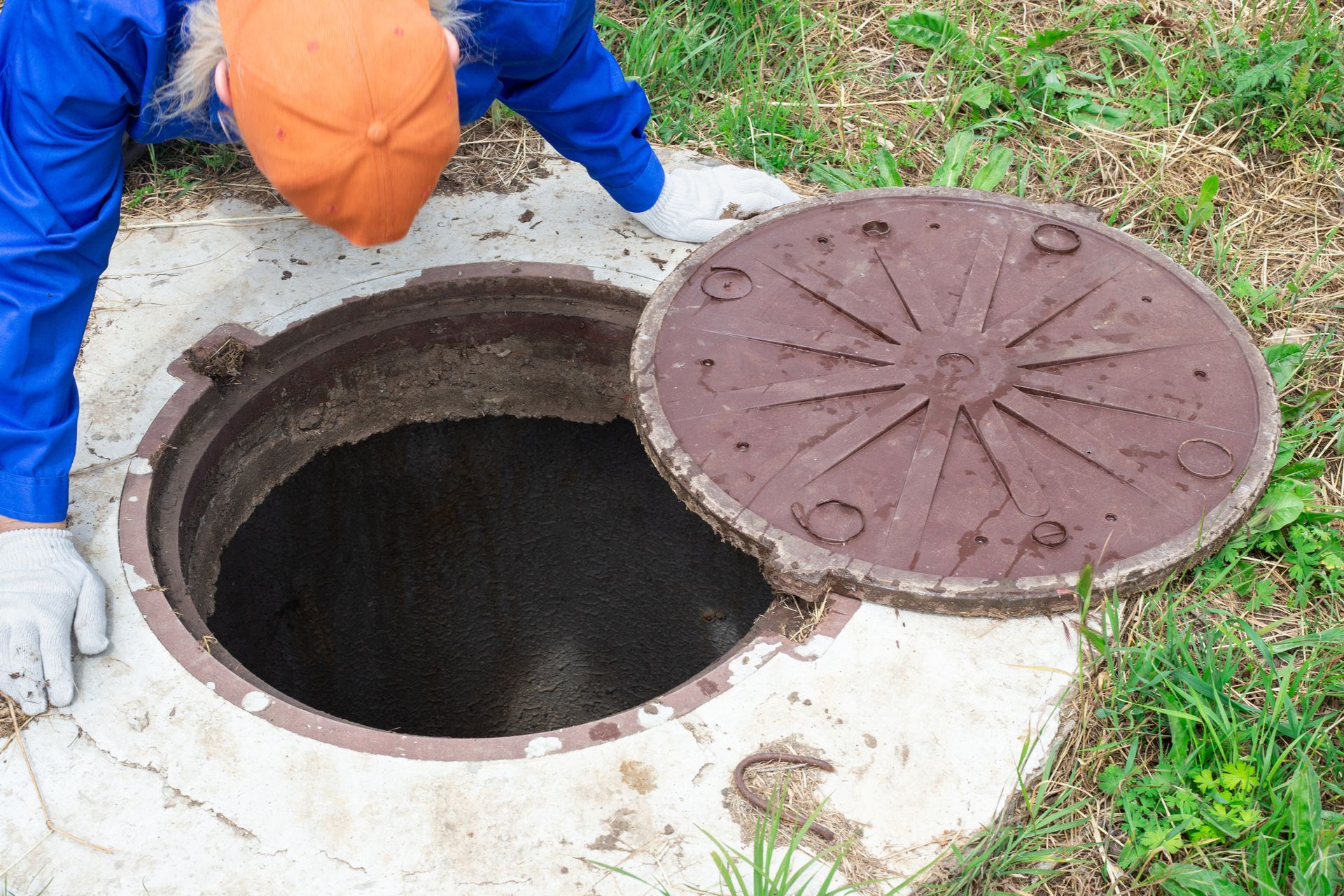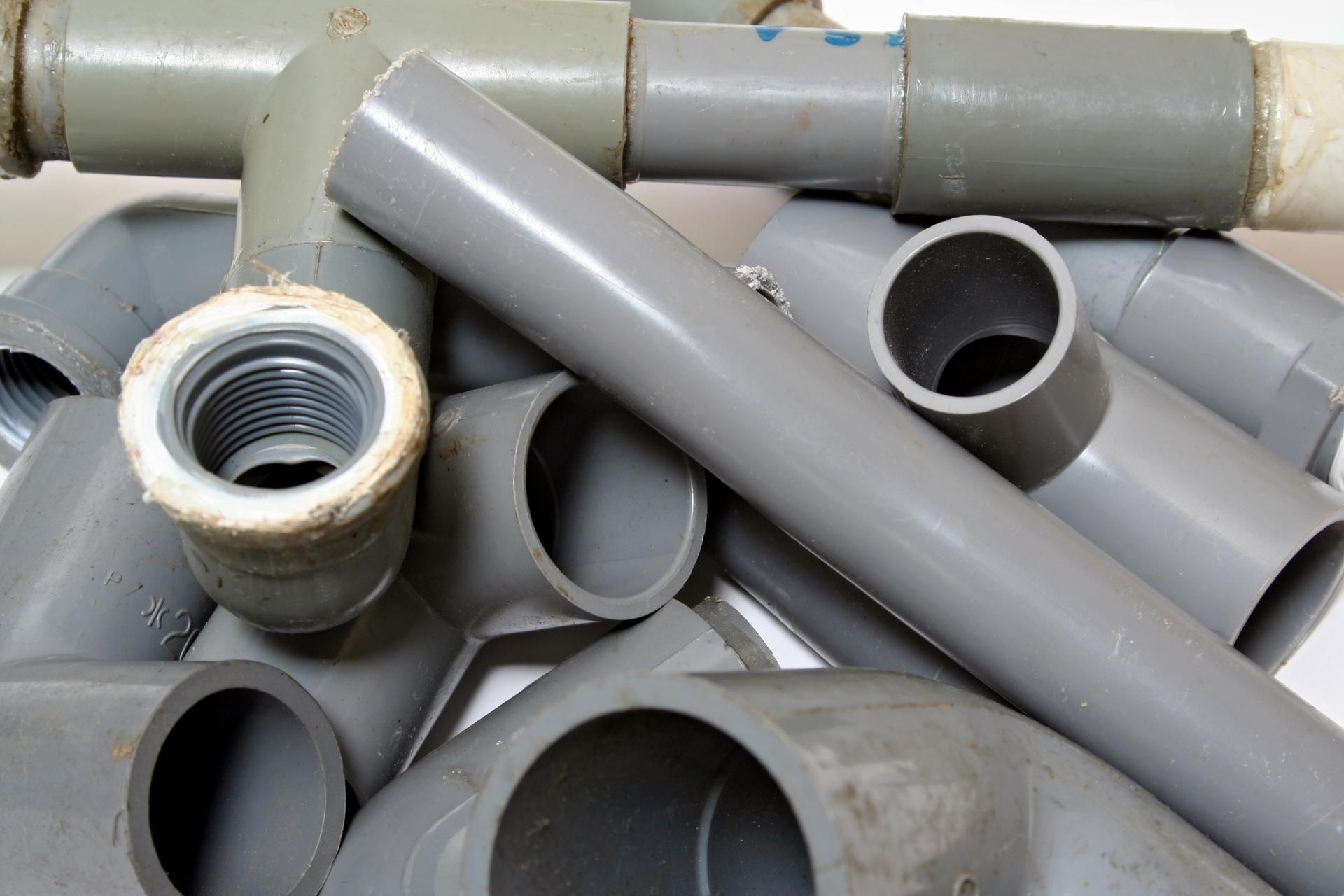How Often Should You Have Your Septic Tank Pumped?

It Depends on the Size of Your Home and Your Tank
Other Factors Can Also Influence Pumping Frequency
Septic tank and household size aren't the only factors that can affect how often you'll need your tank pumped out. For instance, garbage disposals can increase the amount of solid waste that's mixed into the wastewater sent to your septic tank. The additional influx of solids and oils can cause your septic tank to require pumping sooner than expected.
Having a sewage ejector pump can also affect your septic tank's pumping frequency. These pumps are intended for pumping wastewater above the grade of the main sewer line for better drainage, but they can also force solids and oils into the drain field if the septic tank is completely full.
Using enzymes and bacterial additives in your septic tank can also have an impact on pumping frequency. Many homeowners use additives in hopes of speeding up the natural breakdown of organic solids and other compounds within the septic tank. However, these additives can severely disrupt the balance of beneficial bacteria already inside the tank, leading to more solid waste and more frequent pumping.
Signs Your Septic Tank Could Use Pumping
A little observation can go a long way when it comes to caring for your septic system. If you spot any of the warning signs listed below, then it's time to have a professional take care of your septic tank.
- Slow drainage - A full septic tank can cause your toilet, sinks and other fixtures to drain slower than usual.
- Sewer backups - A septic tank that's filled to bursting can also cause wastewater to flow back through your home's drains and toilets.
- Foul odors - unpleasant odors emanating from your yard or plumbing could signal the need for a septic tank cleaning.
- Pooling wastewater
- If you see water pooling on or near your drain field, then chances are you'll need your septic tank serviced.
Having your septic tank pumped out on a regular basis can keep your septic system healthy for years to come. To learn more or to schedule service, contact us at Bowen’s Septic today.


